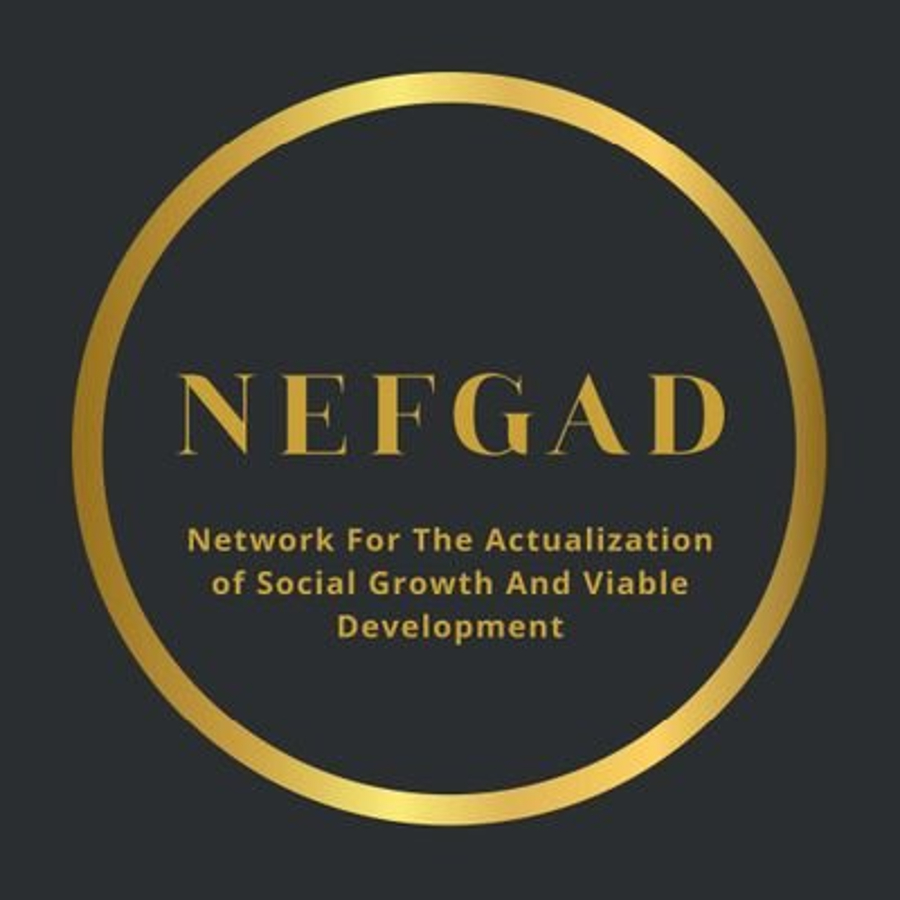The Network for the Actualization of Social Growth and Viable Development (NEFGAD), a civic group, has raised concerns over attempts to undermine the Economic and Financial Crimes Commission, EFCC.
In a statement issued by its country head, Akingunola Omoniyi, NEFGAD condemned recent actions, including a letter by Senior Advocate of Nigeria, Olisa Agbakoba, challenging the EFCC’s constitutional legitimacy.
Omoniyi criticized Agbakoba’s timing, citing ongoing legal challenges involving the EFCC’s powers and state governments and defended the agency’s establishment as constitutionally sound.
He argued that the EFCC plays a vital role in protecting national financial interests and warned against efforts to weaken its operations.
“Mr Agbakoba’s assertion that the power with which the EFCC was established goes beyond the power of the National Assembly is constitutionally unfounded since no child can grow older than his parents; then, the enactment of a parliament cannot go beyond the power of the parliament that enacted it.
“As an organization, we do hope that the learned silk took time to read through part II of the second schedule of the Constitution of the Federal Republic of Nigeria 1999 (as amended) to see the legislative powers of the National Assembly as regards lawmaking for the peace, order, and good government of the federation and any part thereof.
“With due respect, Mr. Agbakoba should also be reminded that the first item on the exclusive legislative list, which some corrupt and disgruntled elements within the system are relying on in their journey to nowhere, emphasizes succinctly the accounts of the government of the federation, including its audit.
“If the constitution speaks expressly about the federation account and its audits, then it is incumbent on the same federal government that is generating the money on behalf of the entire federation to create an institution that will monitor and/or police the accounts.
“This is exactly what the EFCC is established to achieve across the country, among other financial and economic crimes.
“As contained in its establishment Act, the EFCC is strictly a law enforcement agency, serving as the coordinating office on financial crimes and other allied criminal matters involving the Police, DSS, Immigration, Customs, and other relevant sister agencies of the Federal Government, as contained in part (1), section 2(1a-p) of the EFCC Establishment Act.”



1 comment
I don’t think the title of your article matches the content lol. Just kidding, mainly because I had some doubts after reading the article.